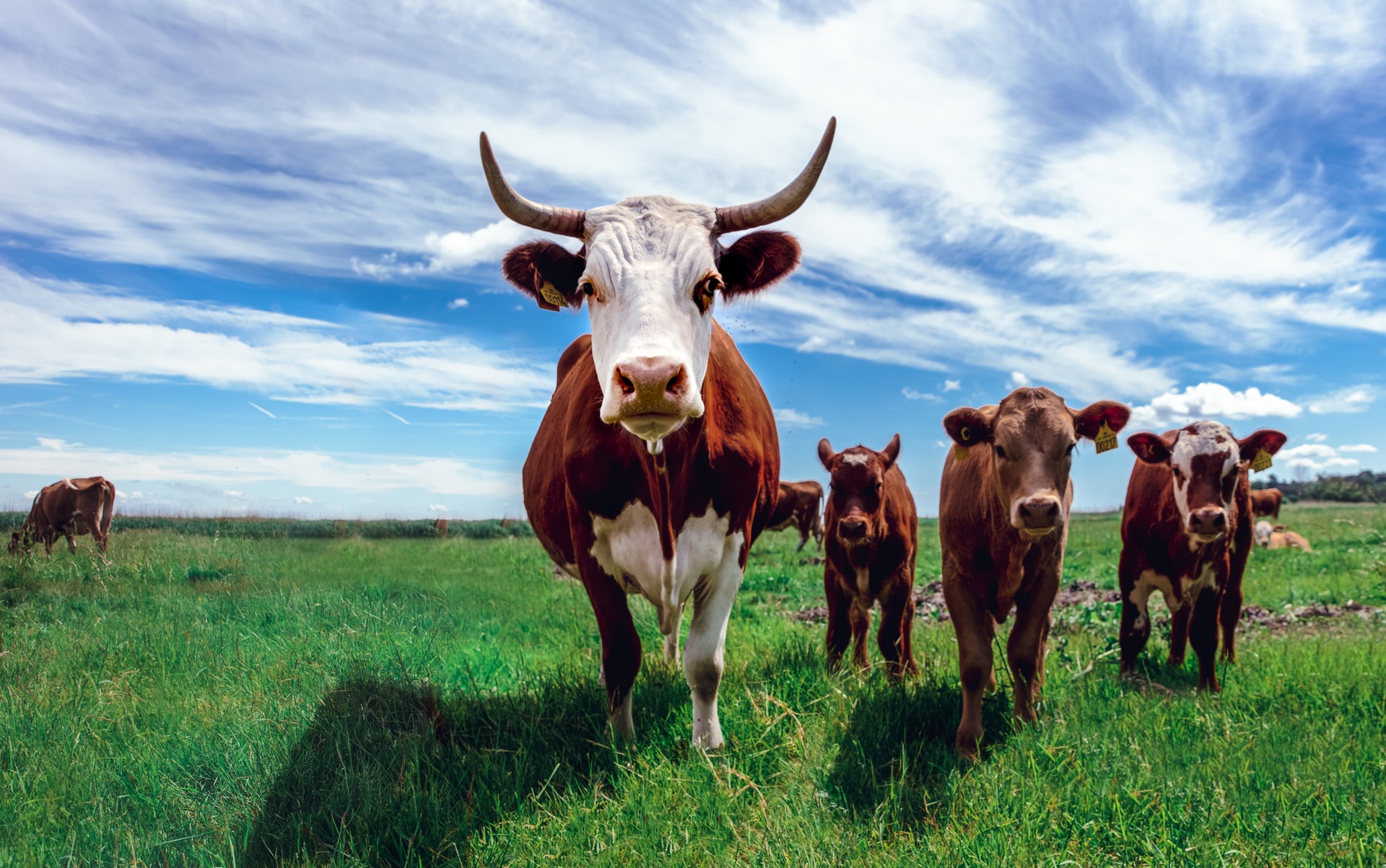Who’s the boss?

Who’s the boss?
Saving farms from dying – united for sustainably produced food
“Who’s the boss?” promises co-determination, participation and personal responsibility. What at first sight sounds like absolute power of the consumers, is however more than a promise from consumers to consumers. It is the desire to close the gap between the urban population that consumes and agriculture that produces, in order to work together for sustainably produced food – for the benefit of people, animals and the environment. The goal: a transparent production chain, fair payment and good quality.
France has known where food comes from for three years
The idea comes from France, where the project has been in existence since 2016. A group of people wanted to know more about how the animals are kept whose meat ends up on their plates. They wanted transparency regarding the origin of feed, seeds and the application of pesticides in the fields. And they were convinced that the farms that produced their food should be adequately remunerated for the expected quality. This is how the French consumer initiative “C’est qui le patron?” was launched.
Community and talks at eye level are anchored in the concept
The idea is complex yet simple: a jointly developed food production concept that considers the needs and wishes of all parties involved. For this purpose, questionnaires are developed together with farmers, manufacturers and the trade, which contain relevant key data for the respective foodstuffs. Consumers are not the only ones who decide on the products – it is about partnership in every link of the value chain.
Using milk as an example, consumers can decide whether they want an organic product or conventionally produced milk. They choose which country the soya feed should come from, whether the animals can be put out to pasture or whether they prefer stable farming. At the end of the day, they have to decide how much the farm should be paid – to cover the costs or with room for further investments, e.g. in the conversion to an organic economy.
“Farmers who farm sustainably and environmentally consciously should also be able to make a living from it.”
(Gunther, club member of “Who’s the boss?” Germany)
Nicolas Barthelmé, who founded the initiative in Germany last year, is convinced:
“Whoever knows what’s in it and is allowed to decide how food should be produced also pays a higher price for good food. When people have a real choice, they choose [...] for more environmental protection, animal welfare and fair prices for farms.”
And the experience in France proves him right. In the last three years, French citizens have brought around 30 products to the market in this way: from milk to potatoes, chicken and frozen pizza, there are plenty of them. On average, 7,000 people vote on the products, which are then on the shelves for millions of people in every large supermarket in the country.
Shared values are the transnational basis of the idea
Starting in France, the initiative quickly spread to several European countries and a little further, as the website proudly states. Even Morocco has already conquered the idea. And even if regionality is a self-imposed goal in terms of product production, there are principles and values that the actors share across borders:
Complete transparency along the entire value chain should create trust in the product. Cooperation on an equal footing creates genuine partnerships in which the companies do not manufacture on behalf of the initiative, but work and produce together with it.
Fitter for the future – that’s what “Who’s the boss” can do
And what is the benefit for agriculture? 1,500 agricultural companies in France produce for the consumer brand and benefit from fair payment. This makes it possible to invest in animal welfare measures or convert to organic farming. For many farms that were initially faced with the question of whether they could continue at all, the initiative has saved their existence.
The project has also got off to a good start in Germany. At the end of December, the first questionnaire on milk developed by dairies, dairy farms and consumers came online. By the end of the voting period, almost 10,000 people had participated. The product was being evaluated and designed based on the answers and has finally hit German supermarket shelves in May 2020.
More than food: appreciation, fairness and reliance for the benefit of the community
When reading the initiative’s website carefully, it quickly becomes clear that “Who’s the boss?” is about more than just what we eat and drink or who we want to pay for it and how. It is also about what our communal life can look like in the future. It’s about living together as partners at eye level, about producing and acting in collaborative relationships based on trust and synergy.
You can find more exciting and helpful articles in our blogs.


Comments
No Comments